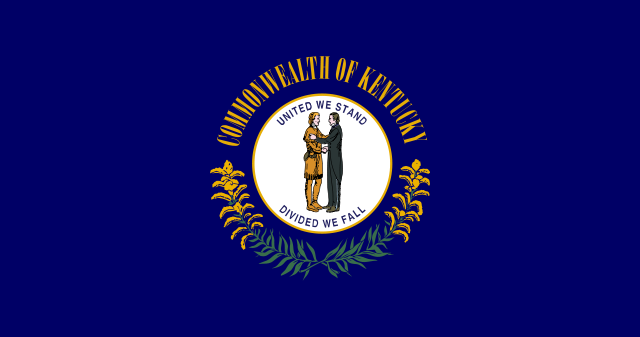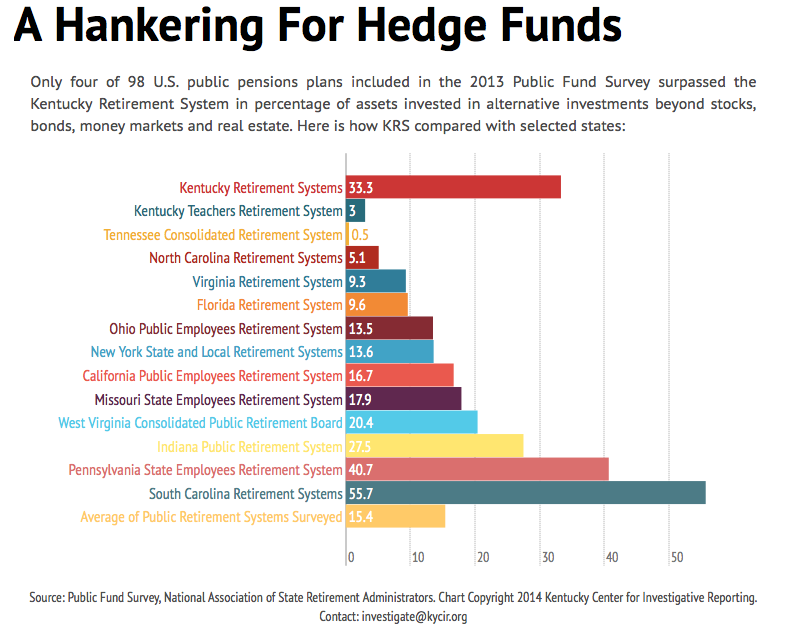In late 2014, the Kentucky Chamber of Commerce called for an extensive audit of the Kentucky Retirement Systems.
Some lawmakers and observers balked at the idea because of the expense it would incur and the recency of the last system review.
But in a new letter, Chamber President Dave Adkisson is again urging lawmakers to conduct a pension performance review. Adkisson also raises questions about the legislature’s plan to issue billions in bonds to fund pensions.
From Pure Politics:
“We strongly urge the legislature to fund this independent review by the State Auditor rather than continuing to rely solely on information provided by the system itself,” [Adkisson] wrote.
The chamber further recommended the establishment of a consensus actuarial group, allowing a review of annual retirement contributions recommended by actuaries hired by KRS, and a mechanism so governors can identify how pension contributions are funded.
[…]
The [bond] proposal, House Bill 4, has its skeptics in the private sector, “especially since taxpayers have not had the benefit of vetting such a major initiative,” Adkisson wrote in the letter.
“Simply put, it is difficult to know whether bonding is a good idea or bad idea,” he wrote. “Furthermore, this discussion focuses solely on the funding side and does not include a comprehensive review of the costs and sustainability of the benefits structure over time.
“For now, it would be imprudent for the business community to support such a proposal without a significant amount of open, public deliberation.”
Read Adkisson’s full letter here.
Photo credit: “Ky With HP Background” by Original uploader was HiB2Bornot2B at en.wikipedia – Transferred from en.wikipedia; transfer was stated to be made by User:Vini 175.. Licensed under CC BY-SA 2.5 via Wikimedia Commons – http://commons.wikimedia.org/wiki/File:Ky_With_HP_Background.png#mediaviewer/File:Ky_With_HP_Background.png



